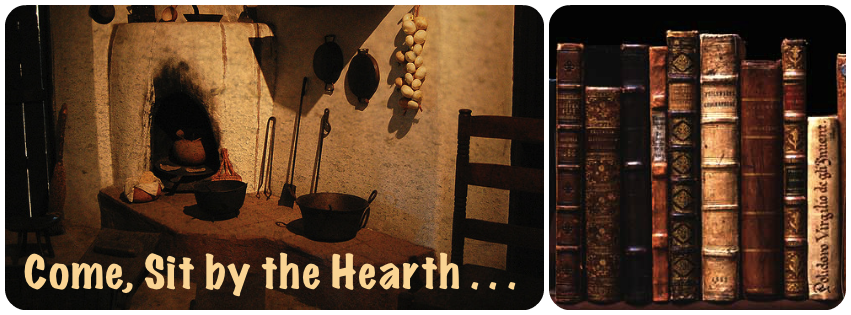(thanks to Gryphen at The Immoral Minority) an excerpt of the book:
- Joshua
DuBois.
On Sandy Hook:"It deals with what the President experienced that day, how it affected him, and how it may have changed how he views his job as President. ... how it provided him solace during this trying time, and many others. "
The families came in and gathered together, room by room. Many struggled to offer a weak smile when we whispered, “The president will be here soon.” A few were visibly angry—so understandable that it barely needs to be said—and were looking for someone, anyone, to blame. Mostly they sat in silence.
I went downstairs to greet President Obama when he arrived, and I provided an overview of the situation. “Two families per classroom . . . The first is . . . and their child was . . . The second is . . . and their child was . . . We’ll tell you the rest as you go.”
The president took a deep breath and steeled himself, and went into the first classroom. And what happened next I’ll never forget.
Person after person received an engulfing hug from our commander in chief. He’d say, “Tell me about your son. . . . Tell me about your daughter,” and then hold pictures of the lost beloved as their parents described favorite foods, television shows, and the sound of their laughter. For the younger siblings of those who had passed away—many of them two, three, or four years old, too young to understand it all—the president would grab them and toss them, laughing, up into the air, and then hand them a box of White House M&M’s, which were always kept close at hand. In each room, I saw his eyes water, but he did not break.
And then the entire scene would repeat—for hours. Over and over and over again, through well over a hundred relatives of the fallen, each one equally broken, wrecked by the loss. After each classroom, we would go back into those fluorescent hallways and walk through the names of the coming families, and then the president would dive back in, like a soldier returning to a tour of duty in a worthy but wearing war. We spent what felt like a lifetime in those classrooms, and every single person received the same tender treatment. The same hugs. The same looks, directly in their eyes. The same sincere offer of support and prayer.
The staff did the preparation work, but the comfort and healing were all on President Obama. I remember worrying about the toll it was taking on him. And of course, even a president’s comfort was woefully inadequate for these families in the face of this particularly unspeakable loss. But it became some small measure of love, on a weekend when evil reigned.
And the funny thing is—President Obama has never spoken about these meetings. Yes, he addressed the shooting in Newtown and gun violence in general in a subsequent speech, but he did not speak of those private gatherings. In fact, he was nearly silent on Air Force One as we rode back to Washington, and has said very little about his time with these families since. It must have been one of the defining moments of his presidency, quiet hours in solemn classrooms, extending as much healing as was in his power to extend. But he kept it to himself—never seeking to teach a lesson based on those mournful conversations, or opening them up to public view.

No comments:
Post a Comment